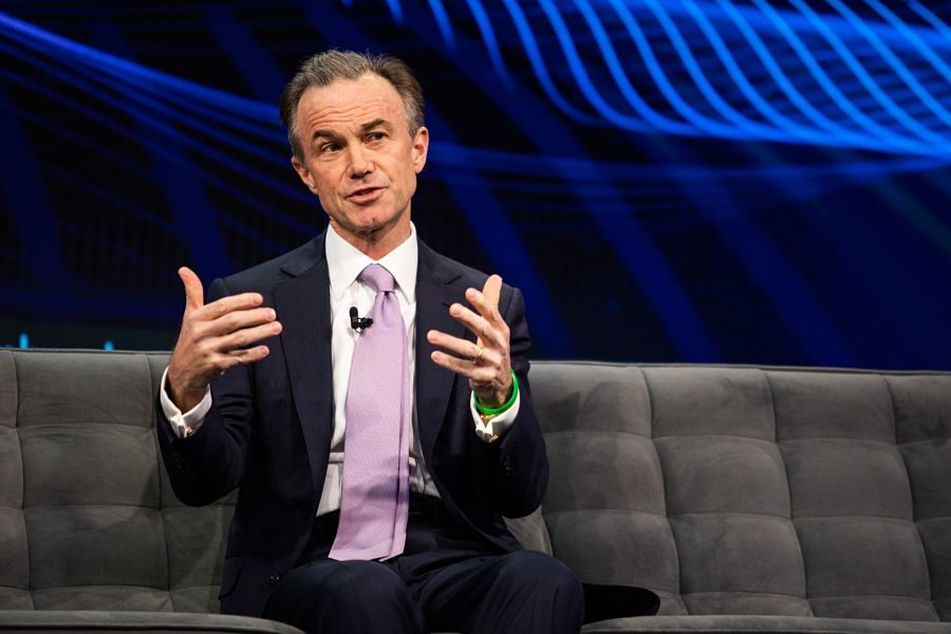Rockefeller’s Fleming sees corporate tax hike as ‘honeypot’

U.S. companies are the group most likely to see a tax increase given the amount of revenue that could bring in, the CEO of Rockefeller Capital said.
Out of all the targets of President Joe Biden’s proposed tax overhaul, corporations are the ones most likely to experience an increase in rates, said Greg Fleming, head of wealth adviser Rockefeller Capital Management.
“If you take the corporate tax from 21% to 28%, it’s about $1 trillion over the time frame that the president’s looking at,” Fleming said Tuesday in an interview at the Bloomberg Wealth Summit. “It’s hard for me to see that they don’t try to go after that, given the need for revenue and the few number of places you can really get it. That one looks to me like a bit of a honeypot.”
Fleming, a former president of Morgan Stanley Wealth Management, helped create Rockefeller Wealth Management in 2018 as an offshoot of Rockefeller & Co., once the family office of oil tycoon John D. Rockefeller. He said the company has $75 billion of client assets, a figure that’s grown more than fourfold in the past three years. The clients’ net worth ranges from several million dollars to more than $100 million.
Much of that growth has come through acquisitions. Rockefeller has been on a hiring tear in recent years, adding advisers across the U.S. from rivals including Morgan Stanley and Merrill Lynch. The firm added about two dozen new teams in 2020, expanding its footprint in Texas, California and Arizona.
TOO EARLY
When it comes to Biden’s planned hikes on wealthy individuals, Fleming said it’s too early to say what the impact will be. They’re counseling clients to be patient.
“There’s a lot to come in terms of what will actually become law in the U.S.,” he said. “There’s a lot of wood to chop before we get to any bill.”
Other topics included:
• Estate tax: Fleming said he expects that any potential increase in the estate tax will likely provide some exclusions for family-owned businesses that have been held for generations. Any change in the step-up in basis may be more targeted at financial assets.
• Cryptocurrencies. Rockefeller’s advisers are urging caution to clients interested in the assets, given the price volatility and challenge of assessing value. Cryptocurrencies will be mainstream, “they’re part of the future,” but central banks and governments will need to weigh in, and how they do will have an impact.
• Family office regulation. Following March’s collapse of Archegos Capital Management, regulators will likely step in and scrutinize whether there are gaps in the oversight of family office structures, Fleming said. Heightened regulation may raise costs and boost the need to outsource family office operations.
• Expansion. Rockefeller is looking to grow primarily in the U.S. and may expand to as many as 20 more cities in the future. Locations under consideration include Colorado, Nashville, Seattle and the Midwest, he said. “We go to cities and locations where there are clients that fit our client profile and where we can find elite financial advisers who are serving those clients.”
• Inflation. Fiscal and monetary stimulus increase the risk of inflation after years of rising prices “being kept suppressed by the incredible pace of productivity through technology,” Fleming said.
Women most interested in social and environmental factors of ESG
Learn more about reprints and licensing for this article.








